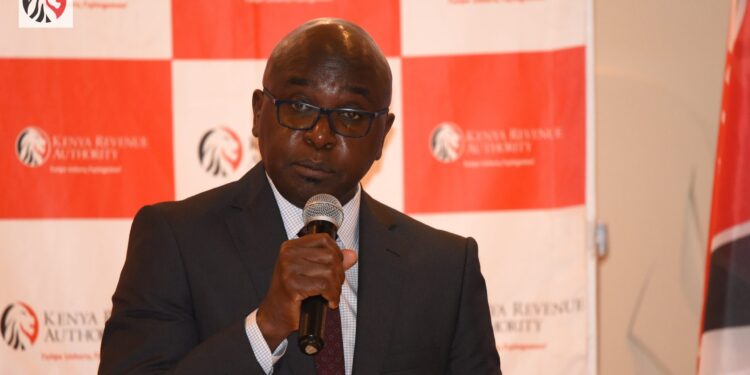The Departmental Committee on Finance and National Planning has criticized the Kenya Revenue Authority (KRA) and the Special Economic Zone Authority (SEZA) for failing to closely monitor the tax obligations of companies operating in Special Economic Zones (SEZs).
During a meeting with officials from both authorities, the Committee raised concerns that unchecked tax exemptions granted to SEZ-registered firms could be depriving the country of significant resources.
The Committee summoned the officials to respond to a statement by Mbeere MP Geoffrey Ruku regarding incentives given to SEZ operators and developers.
Specifically, KRA was asked to provide a detailed report on all tax exemptions, categorized by type and itemized per taxable transaction, for SEZ developers and operators over the past four years.

Additionally, the Committee requested a report on taxes paid by these entities over the last five years, also itemized per taxable transaction.
Committee Chairperson Kuria Kimani urged both KRA and SEZA to intensify their scrutiny of these firms, emphasizing that strict compliance with tax obligations could alleviate the country’s need to accumulate debt to bridge budget deficits.
“Your institutions must increase oversight of the financial statements from SEZ firms. If everyone paid their fair share of taxes, we wouldn’t need to borrow or overburden Kenyans with excessive taxation,” he stated.
KRA Explains Tax Collection in SEZS
KRA Deputy Commissioner Esther Wahome informed the Committee that between 2020 and 2023, Ksh142,740,821 was collected in Corporation taxes, while Ksh173,884,422 was forgone due to tax exemptions.
Kigumo MP Joseph Munyoro questioned whether KRA was satisfied with the large gap between taxes collected under Pay As You Earn (PAYE) and the tax exemptions granted to SEZ companies.
“Does KRA believe these companies contribute their fair share of revenue? What is the tax exemption rate compared to GDP?” he asked.
Also Read: KRA Ordered to Refund Ksh10 Billion Collected Tax
In response, Wahome mentioned that KRA had audited several firms where tax exemptions appeared significant to ensure compliance.
“Honourable Chair, we regularly audit a number of these firms to confirm they meet their tax obligations,” she said.
Ruku criticized the inconsistencies in the records provided by KRA and SEZA, accusing both entities of neglecting their duty to ensure full tax compliance.
“Most companies registered under SEZ are shell companies. I’m disappointed that the entities responsible for ensuring these companies meet their tax obligations seem unaware of each company’s tax responsibilities,” he noted.
Also Read: Confusion as KRA Delays Giving Direction on Taxes After Nullification of Finance Act
Committee Directives
The MPs urged KRA and SEZA to validate the information submitted by these companies to prevent tax avoidance.
The Chairperson directed KRA and SEZA to reconcile their records and submit them to the Committee for further review within the week.
This meeting was a follow-up to a previous session held on May 7, 2024, during which the Committee requested additional information on the matter.
Follow our WhatsApp Channel for real-time news updates.
https://whatsapp.com/channel/0029VaB3k54HltYFiQ1f2i2C











































































